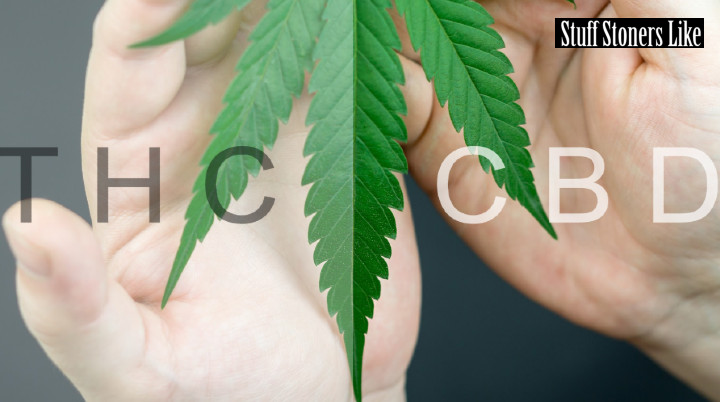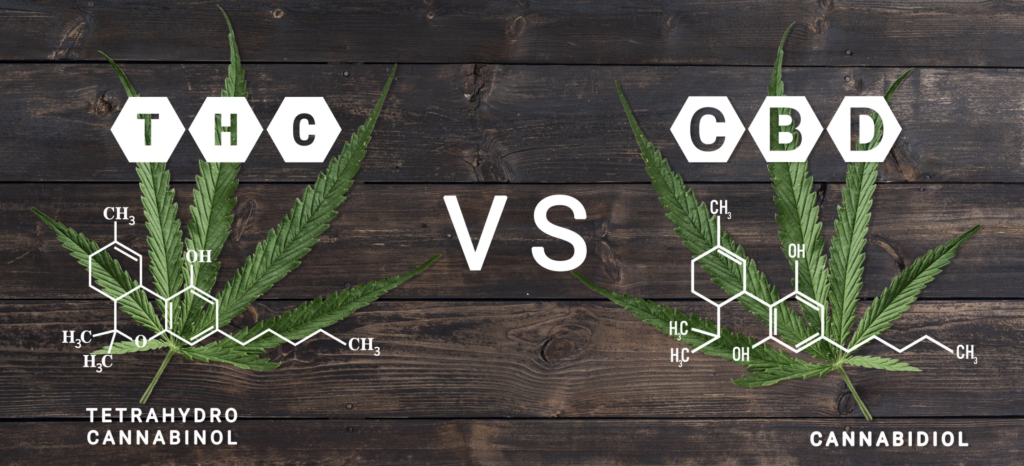
Cannabis or marijuana plants, including their cousin, hemp, can produce cannabinoids or cannabis compounds, including tetrahydrocannabinol (THC) and cannabidiol (CBD). You probably have heard or read these terms when searching for local dispensaries and health products.
Over the past years, CBD and THC have gained popularity as people become more health-conscious and find alternative treatments to conventional medical treatments. But what are the differences and best uses of CBD and THC?
CBD Vs. THC: Source And Main Uses
Cannabidiol (CBD) derives its raw material from the leaves and stems of hemp plants, a variety of cannabis plants. According to SUPA Naturals, manufacturers isolate hemp-derived, non-addictive CBD to remove all other compounds, which is a common treatment for pain and signs and symptoms of anxiety, and depression.
Cannabis buds have rich amounts of tetrahydrocannabinol (THC), a psychoactive or addictive cannabis compound that can cause euphoria or sleepiness, depending on the strain. The uses of high THC cannabis buds are often for different recreational purposes, such as partying and watching movies.
CBD Vs. THC: Usage Administration
You can take CBD oil orally, under the tongue, or added in your favorite dishes or beverages. It’s also possible to apply CBD on the skin or topically through CBD lotion, moisturizers, balms, and salves. CBD e-liquids are also available for vaping for faster onset of effects.

On the other hand, people smoke cannabis buds to benefit from THC. Some use dry herb vaporizers to benefit from THC by inserting ground cannabis buds inside these vaping devices. Cannabis edibles, such as gummy and cookies, are also available. Some people make special dishes adding cannabutter with THC content for medical purposes.
CBD Vs. THC: Effects
Because CBD is non-psychoactive, this cannabis compound doesn’t produce intoxicating or high effects. When you take CBD, say, a sublingual dose (under the tongue) of CBD tincture, you won’t feel any pleasure changes in your mind and body. Instead, the effects are subtle. You’ll sleep better and feel less pain.
On the other hand, the effects of THC depending on the strain of cannabis you use. For instance, strains of cannabis sativa can cause a ‘high’ or an invigorating, energizing effect that helps reduce stress and anxiety and increase focus and creativity. Cannabis indicas produce full-body effects, like reducing insomnia and increasing deep relaxation.
High doses of CBD don’t produce unwanted effects but side effects, like dry mouth. On the other hand, high doses of THC can produce either a lethargic or energetic effect, showing obvious behavior changes. Therefore, it’s important to consult your doctor before using THC or CBD for medical purposes to know the best dosage for you and to fully benefit from these cannabis compounds.
CBD Vs. THC: Legal Aspects
Because CBD is non-psychoactive, you can find CBD products widely available in brick-and-mortar health and wellness stores and online. In general, the federal government doesn’t prohibit consumers from using CBD products because they only contain a negligible amount of THC (less than 0.3%).
On the other hand, THC-containing marijuana plants can be legal or illegal for medical or recreational purposes or both, depending on the state or country. Cannabis is legal in Canada and in 18 US states, including Washington, Alaska, and California. Just recently, Virginia, Connecticut, and New Mexico also legalized recreational marijuana.
CBD Vs. THC: Best Uses
CBD products, such as CBD oil, tincture, topicals, and edibles, are best to use to relieve signs and symptoms of medical conditions. They don’t directly cure an ailment but helps reduce their symptoms to improve a person’s quality of life.
For instance, you can apply CBD balm on your muscles after a workout to reduce muscle tension or swelling since cannabidiol has anti-inflammatory properties. One can take CBD capsules orally to help promote better sleep or reduce lower back pain. Results are inconclusive and depend upon the person’s pain tolerance level, weight, the severity of the medical condition, and other factors.
THC is the best use for recreational purposes, but people also use this cannabis compound to help improve signs and symptoms of medical conditions, such as insomnia, anxiety, and depression. Experts believe that a combination of THC and CBD produces synergistic effects or more powerful therapeutic effects.
Conclusion
You’re now more aware of the key differences and best uses of CBD and THC. When shopping for cannabis products, make sure you only buy from reputable sources to ensure you’re getting high-quality products and effective uses from these cannabinoids based on your intended purpose. Whether you want to use them for medical or recreational purposes, always consider their legal, safety, and health aspects to maximize their benefits.
Leave a Reply